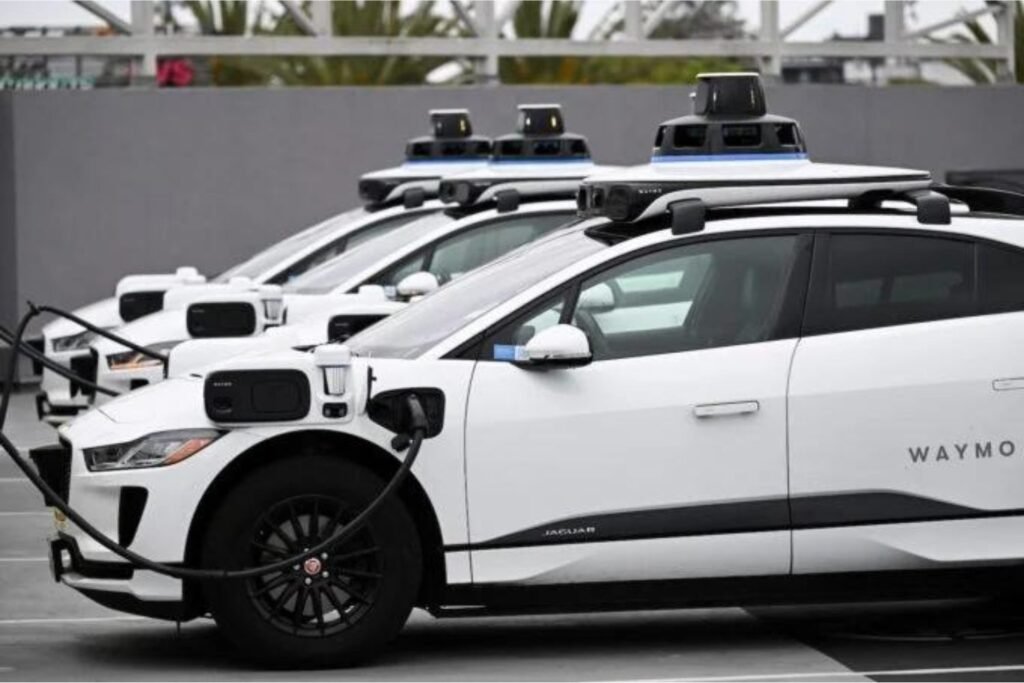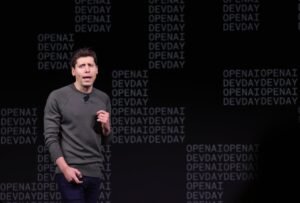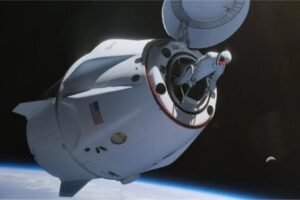Waymo is rolling out Robotaxis on Bay Area highways this week.

Waymo, Alphabet’s robotaxi company, is planning to start testing its autonomous vehicles on highways in the Bay Area this week. The driverless cars will be deployed on freeways with company personnel as testers.
Sandy Karp, Waymo’s communications manager, told Gizmodo that the company has been “safely and gradually expanding its operations” around highway travel and that this new deployment will eventually help “Waymo One passengers safely and efficiently reach their destination through our expanding service areas.” Karp commented that “taking a highway instead of a surface street in San Francisco” could “significantly improve the passenger experience” by making trips shorter. She added that the ability to “use highways will be especially important as we expand our operations to other cities, such as Los Angeles and Austin.”
Karp also noted that the company would follow “the same processes described in our safety report, based on years of development and proven operation of passenger-only vehicle fleets on public roads in California and Arizona, and millions of miles of experience.” Karp said the cars would “comply with the speed limit (65 MPH).”
California granted Waymo permission to test its vehicles on San Francisco highways in March. That same month, they tested their autonomous vehicles on highways in Phoenix, Arizona, where the cars have gained greater acceptance in the local community. The company claims the cars can change lanes and use entrance and exit ramps, all without the help of a human driver.
If that sounds like a recipe for disaster, so far there hasn’t been any disaster—at least not yet. But the process of automating the ridesharing industry hasn’t been exactly smooth. Since launching last year, autonomous vehicles have had their ups and downs. They have been involved in accidents, encountered technical glitches, faced regulatory challenges, and, in the case of one unfortunate car, even hit a pedestrian. While Waymo’s business seems to be doing well, its competitor, Cruise, notably faced several controversies.
###Seeking Solutions to the Challenges
Many issues are still being resolved. In fact, this week, a San Francisco resident reported hearing robotaxis honking late at night. Apparently, she lives next to one of the parking lots where the cars rest at night and says the honking can be heard until 4 a.m.
When Gizmodo contacted a company representative for comment, they provided the following statement: “We are aware that in some scenarios our vehicles may briefly honk while navigating our parking lots. We have identified the cause and are in the process of implementing a solution.”




